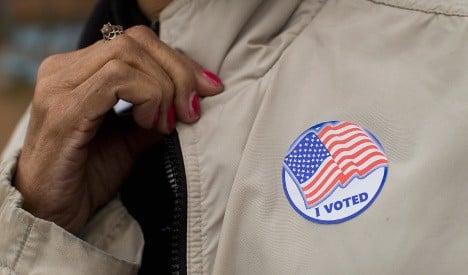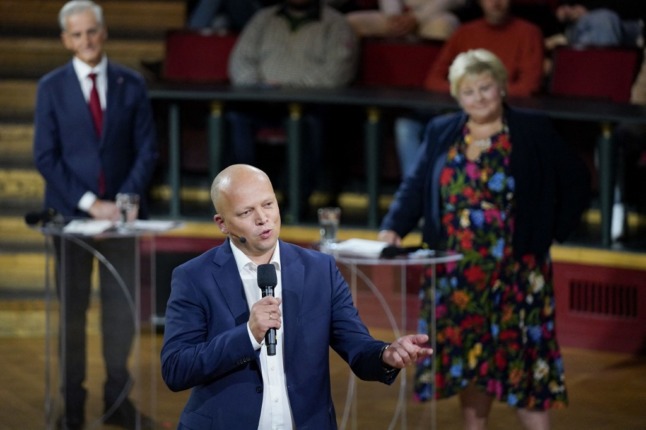Even if you’re living thousands of miles away from the US of A, don’t fret – you can still have your voice heard from abroad.
The Local looks at the fairly simple steps involved in getting you to the presidential vote.
Voting absentee with your state
To vote in your state’s primary, presidential and any other election, you first have to register online with the Federal Voting Assistance Program, or VoteFromAbroad.org. The US State Department recommends doing this for those living abroad at the start of each year so you can keep getting ballots sent to you.
Then print, sign and send the resulting form to your state election office. You should get your ballot by mail or electronically (depending on the state) 45 to 30 days before the vote.
What if you don’t have a US address?
Don’t worry! Just register with the last state where you lived most recently before leaving the US.
Plus, 24 states and Washington DC allow American citizens who have never lived in the US to register where a parent is eligible to vote. Find a list of these states here.
Vote in-person at the Global Primary (if you’re a Democrat)
Unlike Republicans, Democrats who live abroad get their own primary to vote until March 8th with the group Democrats Abroad, which is given state-level recognition in the Democratic National Committee.
There are two ways you can do this. First, you can vote from now by postal ballot, email or fax. Download your ballot here:
Second, you can vote in-person at a Democrats Abroad voting centre in either Rome, Florence, Milan or Naples between March 4th and March 7th (details below and here). You must register as a member to vote and can do that online beforehand, or at the centre. Just bring your US passport or driver’s licence along, or an Italian ID.
Voting Centers 2016 Global Primary:
Rome: Friday, March 4th, from 2:30 to 8:00pm
St. Stephen's School, Via Aventina 3,00153 RomeFlorence: Saturday, March 5th, from 3:00 pm to 5:00pm
Florence: Saturday, March 5, from 3:00 pm to 5:00pm
California State University, Via Giacomo Leopardi,50121, Florence
Naples: Saturday, March 5, from 10:00am to 2:00pm
The International School of Naples, Viale della Liberazione 1, 80125 Naples
Milan: Monday, March 7th, from 7:00 pm to 9:00pm
Kaprikorn, Via Ravizza, 6 20149 Milan
For more information, contact Tony Quattrone and Gail Fagen: [email protected]



 Please whitelist us to continue reading.
Please whitelist us to continue reading.
Member comments